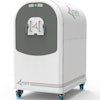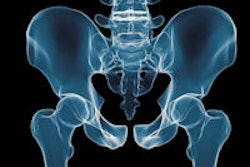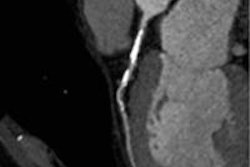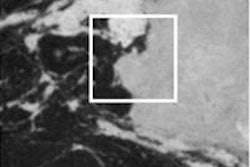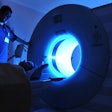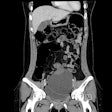Dear AuntMinnieEurope Member,
Postsurgical complications from penile implants are surprisingly common and can have serious implications, but MRI appears to be coming up with the answers in a growing number of cases.
Award-winning radiologists from a top London facility are keen to share their experiences of this field, and you can read more in our MRI Digital Community, or by clicking here.
Replacing a PACS may seem like a frightening prospect, but careful planning, strong vendor support, and adequate investment of resources can make it a manageable exercise, according to Peter van Ooijen, PhD, from Groningen, the Netherlands. Go to our PACS Digital Community, or click here.
Also, don't miss the latest installment of Dr. Neelam Dugar's series on PACS replacement. She focuses on HL7, which is the language used for communication between healthcare IT systems. Click here to find out more.
As part of this week's special focus on PACS, we have two more articles for you. Firstly, a research group from the University of Aveiro, Portugal, presents its findings on the potential benefits of data mining techniques. Click here for the details. Secondly, a Dutch team spells out how adaptive customization support can help radiologists become more efficient and effective. Get that story here.
To achieve success in pelvic CT examinations, a detailed anatomical knowledge is vital to distinguish the precise location of the affected structures and establish a differential diagnosis, noted specialists from Toledo, Spain. In a top ECR 2014 e-poster, they gave practical hints on how to improve pelvic CT exams. To learn more, go to the CT Digital Community, or click here.
Finally, I suspect very few of you have heard of Blue Earth Diagnostics, but you're likely to hear the name more often in the future. This London-based start-up venture has plans to commercialize a PET radiopharmaceutical that may prove more useful than FDG for detecting and assessing recurrent prostate cancer. Find out more here.




